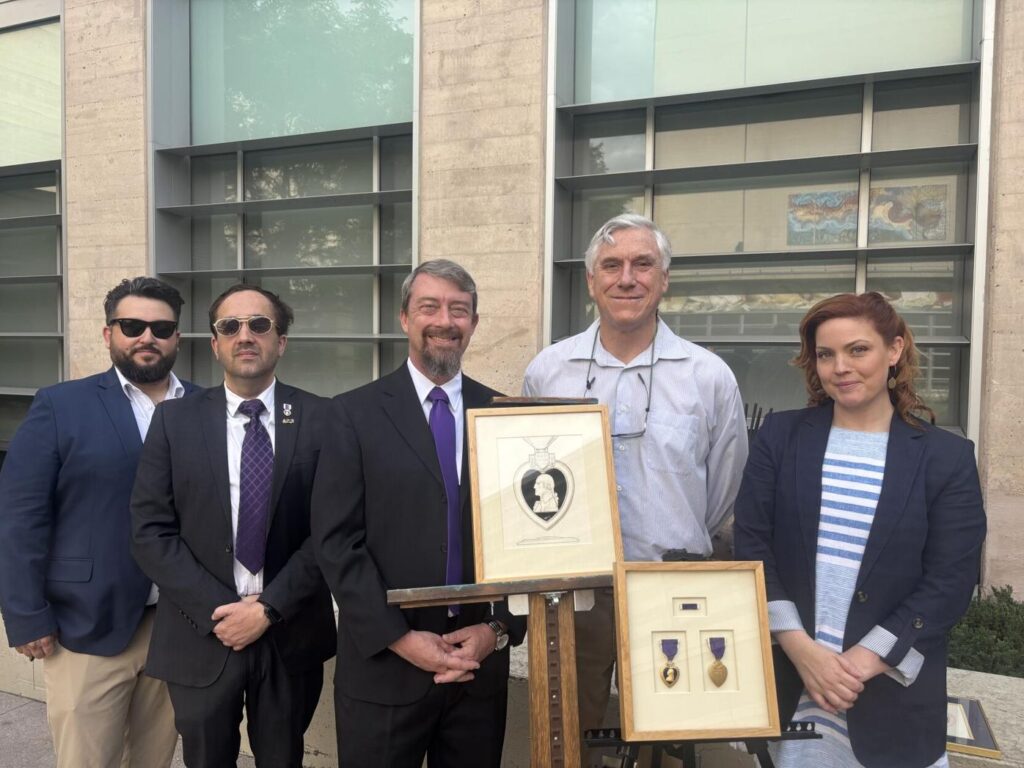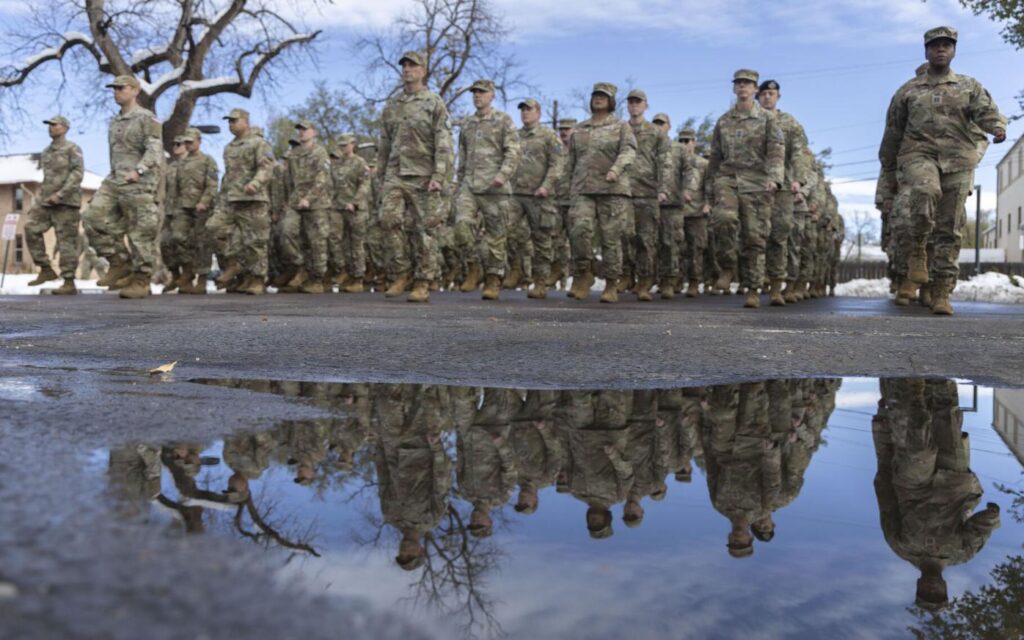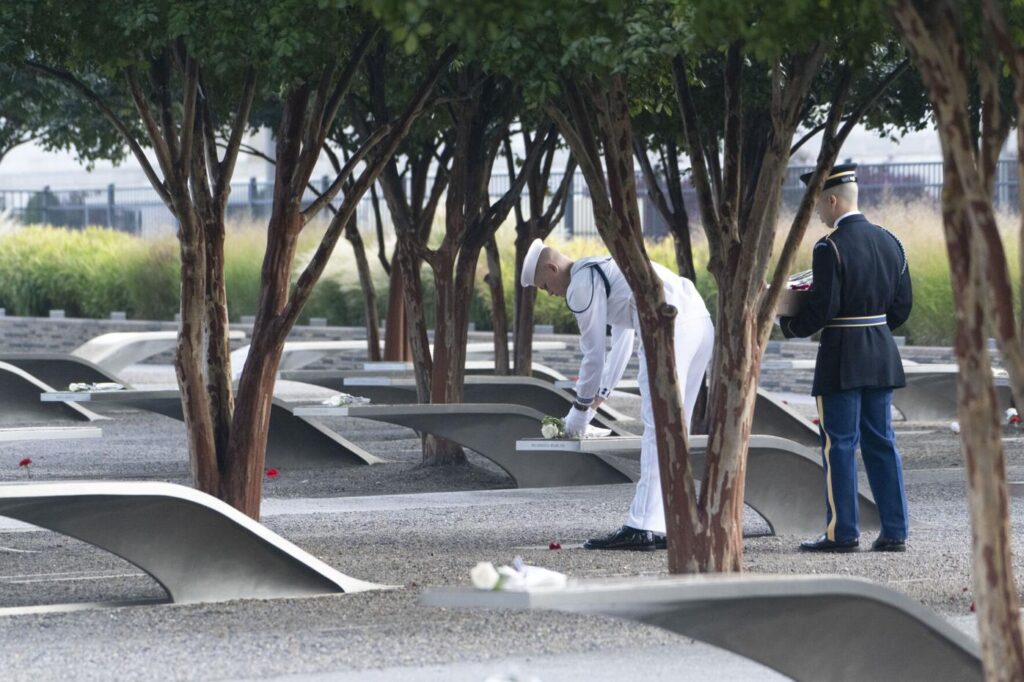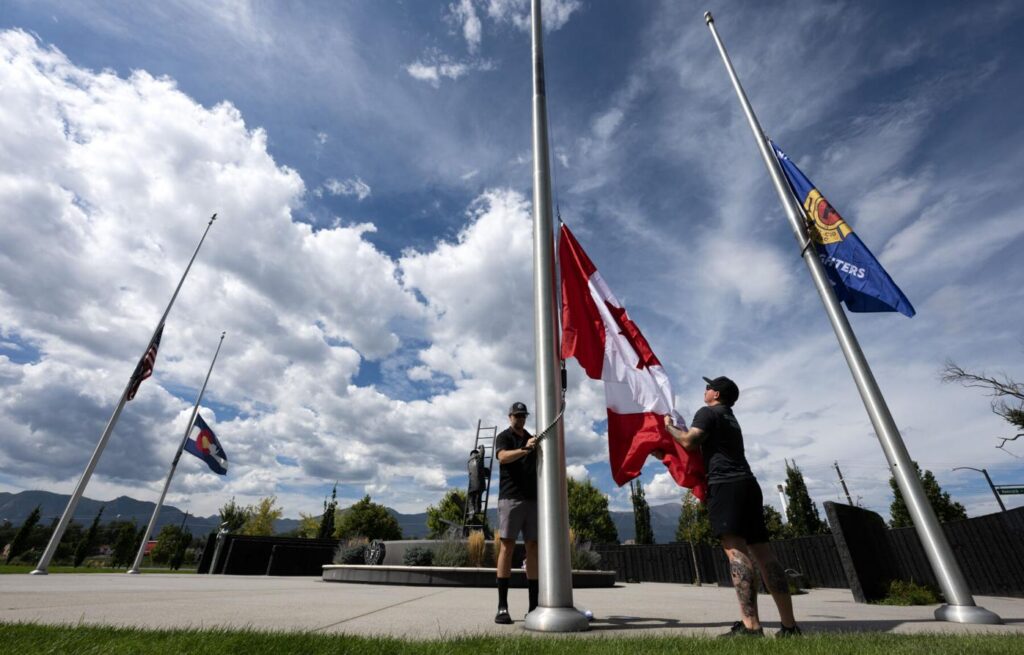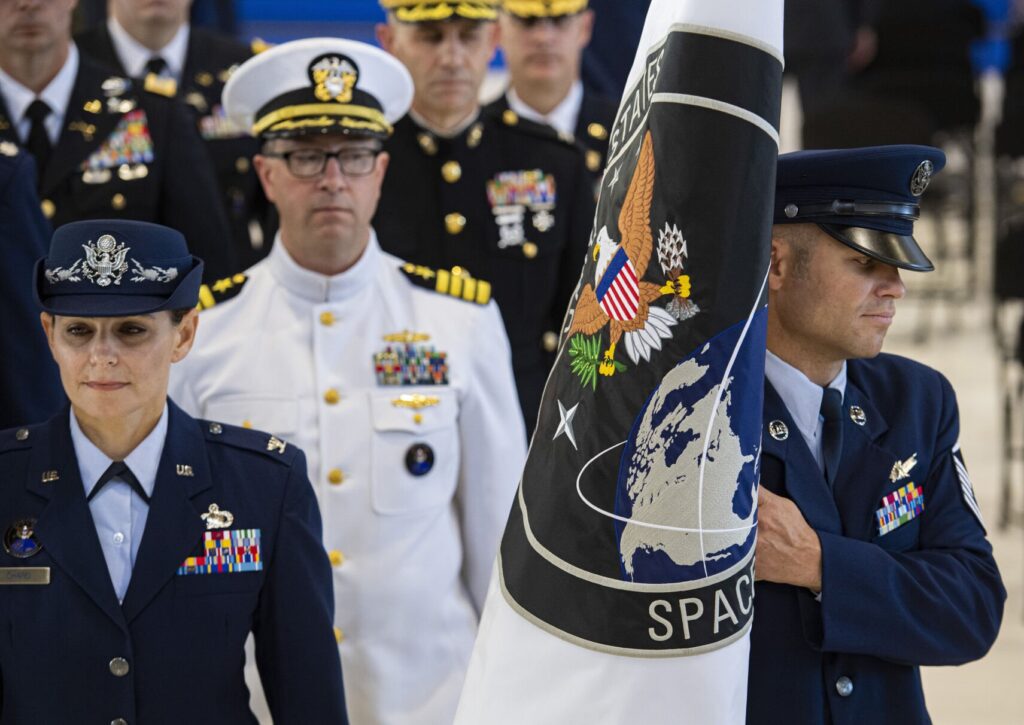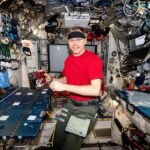‘State of the Bases’ is strong despite challenges, Space Force commanders say
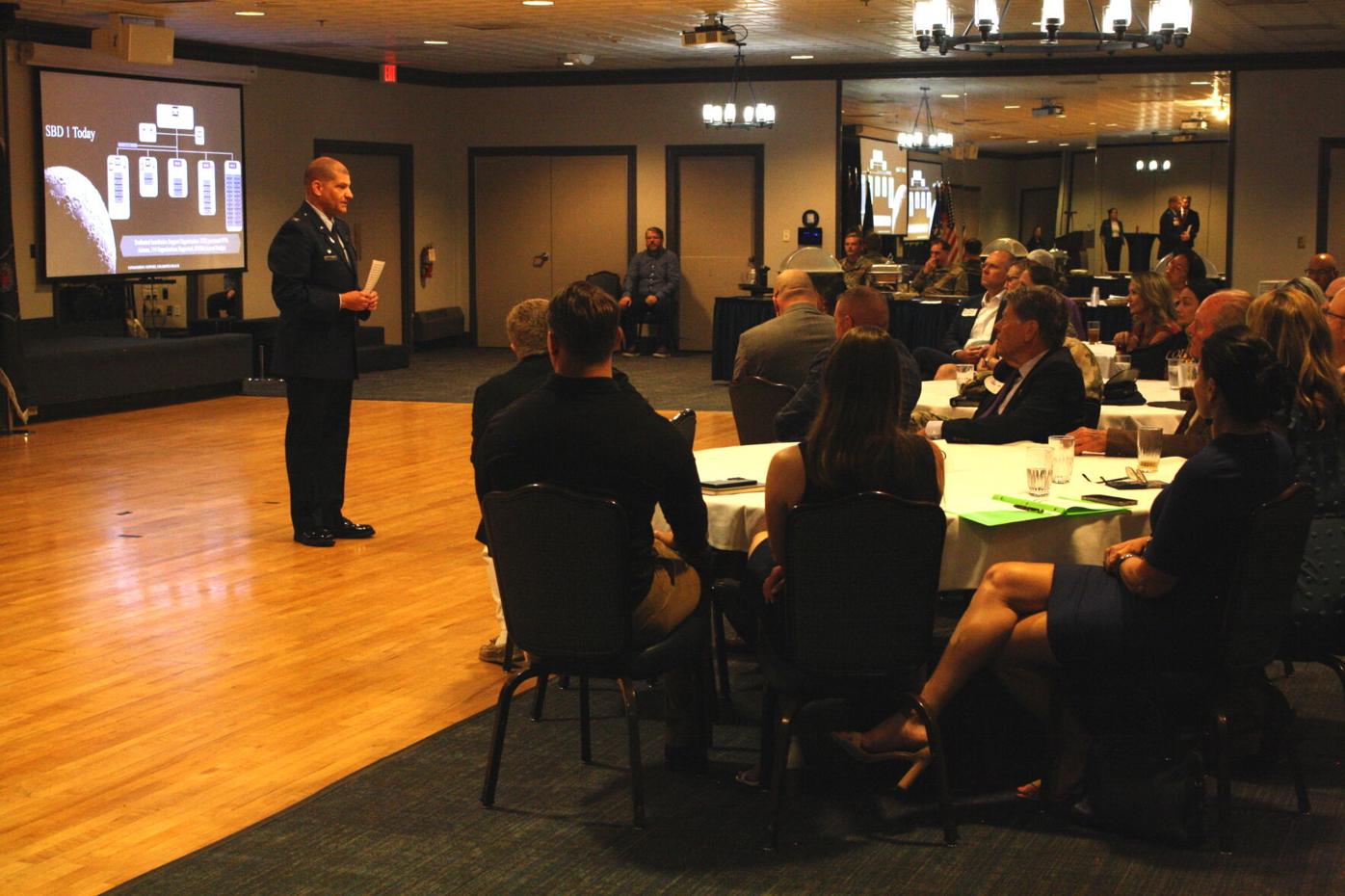
O’Dell Isaac/The Gazette
As critical components of the U.S. military’s newest branch, Peterson and Schriever space force bases are experiencing their share of growing pains, but they continue to build and grow, thanks in large part to their partnerships with the Colorado Springs community.
That was the overriding message of this year’s State of the Bases address, held Wednesday at Peterson before a collection of military, civic and business leaders.
The Space Force, now in its fifth year, has a symbiotic relationship with the Pikes Peak region. Roughly two-thirds of the Space Force’s operational capabilities are along the Front Range, and SBD 1 and SBD 41 represent an annual economic impact of nearly $4.2 billion.
Space Force Cols. Kenneth Klock and Eric Bogue, commanders of Space Base Deltas 1 and 41, led the presentation, highlighting the missions of their respective command and discussing the challenges they face.
Space base deltas provide combat support, weapons system infrastructure and installation support to space operational missions. Unlike the other military services, which forward-deploy to conduct combat operations, the Space Force operates from the bases, Klock said.
“That makes all the weapons system infrastructure — the electricity, HVAC, generators, etc. — now become part of the weapons system,” he said. “We have to have it. Without it, the ability to operate from our bases is compromised.”
Much of Peterson’s infrastructure is aging and expensive to maintain, Klock said. But help is on the way, in the form of a civil engineering award of $100 million earmarked for modernization projects at Peterson, Cheyenne Mountain and other Space Force installations.
“That’s a huge quality of life win for us,” Klock said.
A lack of adequate work and living space continues to be a problem, the commanders said. At Peterson, an additional 1.2 million feet of office space is needed, as well as 189 rooms for airmen and Guardians who live on base, according to Klock.
Bogue said Schriever’s work spaces are at 114% capacity.
“It’s a tight fit,” he said.
Child care, or the lack thereof, has been an issue for years, with dozens of families waitlisted, the commanders said. A community-contracted pilot program, with the Department of the Air Force, has been a boon to local Space Force families, securing 150 spots with community care providers. The program ensures that parents pay the same reduced rate as they would at a Child Development Center on base.
“This program has been fantastic,” Klock said. “It hasn’t gotten our wait list down to zero, but it has helped a tremendous amount.”
Bogue said the Schriever child care facility recently opened three new rooms, enabling it to support about 35 additional families.
The Space Base Delta 41 commander also expressed excitement about the upcoming opening of Schriever’s expanded fitness center. The new center will feature a dual-purpose basketball court and gymnasium, an indoor running track, racquetball courts, group exercise rooms, and remodeled men’s and women’s locker rooms and restrooms, officials said.
“This has been a process in the making for multiple years,” said Bogue, who envisions a ribbon-cutting ceremony for the fitness center by the end of September. “We’re really looking forward to it.”
Both commanders spoke of the importance of maintaining a robust relationship with the Colorado Springs community.
“There’s no way we can do what we do without our partnership with the local community,” Bogue said.
“The state of the bases is not perfect, but it is strong, and it is getting stronger all the time,” Klock said. “As we grow, build and modernize, we know our success depends on the enduring partnerships that we share with this community.”







